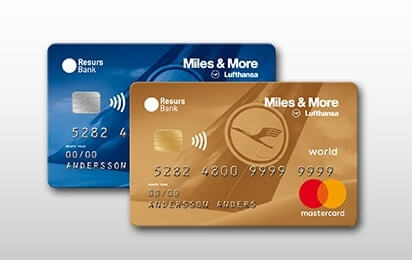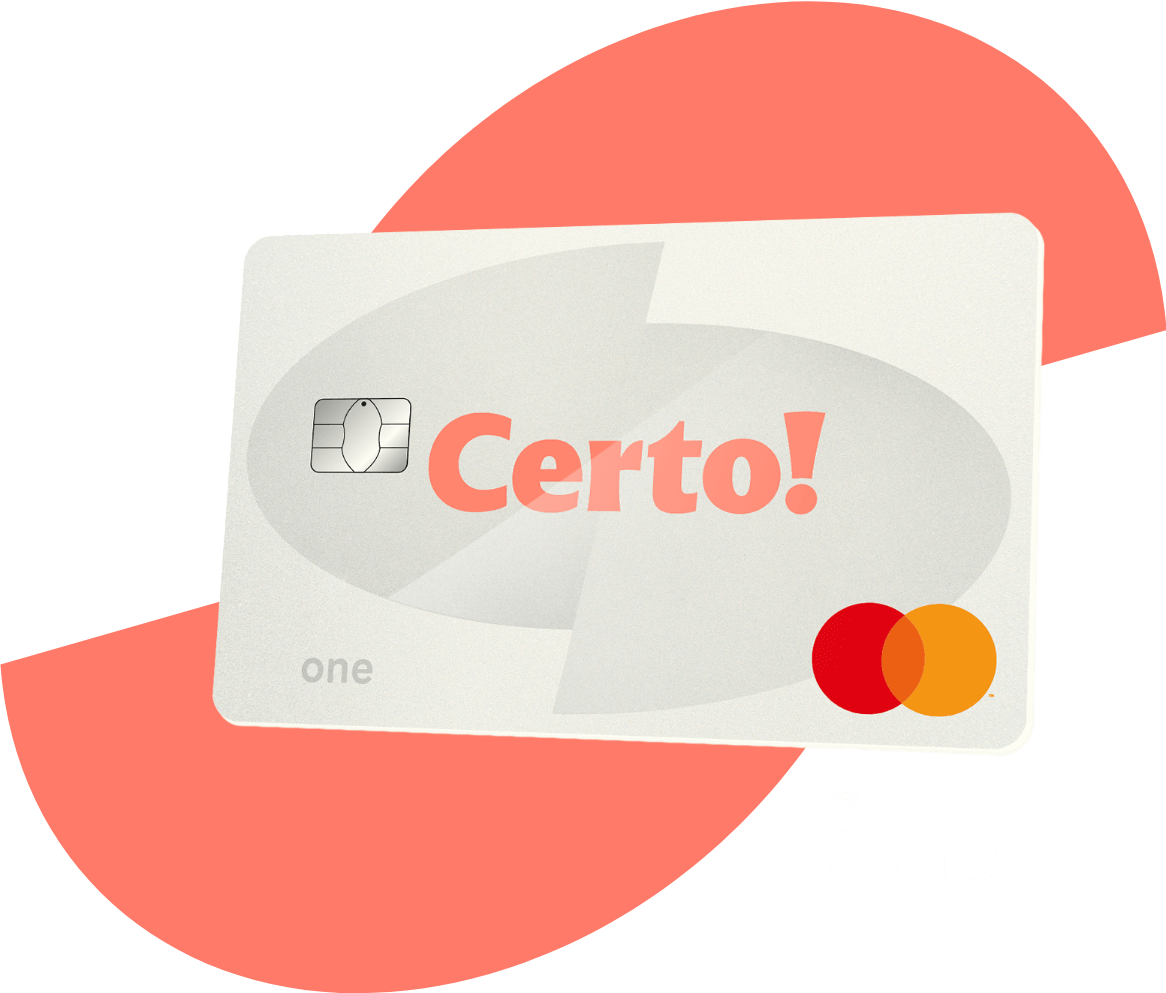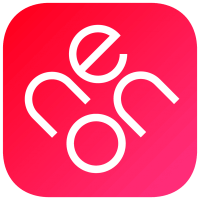What is The Best Credit card in Switzerland for 2024?
| Updated: |(Disclosure: Some of the links below may be affiliate links)
A credit card is a powerful personal finance tool. But it is only good if used correctly. Unfortunately, many people do not use credit cards correctly.
The first important thing is to choose a card with no annual fee. Contrary to what credit card companies want you to believe, getting a free credit card and smaller cashback is often better than an expensive card with a lot of cashback. It is essential to research and compare with your actual credit card spending.
But many options make finding the best credit card in Switzerland challenging. So, this article explores the different credit card options available in Switzerland.
I assume you carry no credit card debt and always pay your balance in full. Otherwise, it is an entirely different issue!
What do I use my credit card for?
To choose the best credit card for your situation, you need to know how you use it. I will use my case as an example. So, what do I purchase with my credit card?
I use my credit cards for all my shopping in Switzerland. As long as the shop accepts credit cards, I use one. Except for tiny amounts when I have the cash on me. Why? The reason is simple. I try to maximize my cashback bonus.
I also use them for all my online shopping, mainly for online shops and travel. If there is no fee for using a credit card, I use it. Again, this is to get some money back. The only case I am more careful about is when I cannot pay in CHF. In these cases, you pay a penalty fee for foreign currency transactions. We will discuss this in detail later in the article.
Never use your credit card to withdraw money! They all have terrible fees for withdrawal. Your debit card is here to withdraw money. And there is no bonus on the money you withdraw. Therefore, there are only disadvantages.
I have checked my credit card statements for the last 12 months and summed up my expenses. I have spent around 15,000 CHF on my credit card, of which about 5,000 CHF were spent in foreign currencies. I will use this as the basis to compare different credit cards.
Keep in mind that I am not a big spender. We do not spend that much overall, and only a few expenses can be paid with credit cards.
And since we are talking about credit cards, it is necessary to mention that you should never carry a credit card debt! You will pay substantial interest rates on any credit card debt. Always pay your balance in full at the end of the month. There is no such thing as a credit score in Switzerland. Do not try to optimize your credit.
PostFinance MasterCard as an example
We should have analyzed my credit card before I realized it was terrible. We will take this card as an example (not a great one!).
I had a MasterCard Standard card from PostFinance. I paid 50 CHF per year for it. The cashback bonus was 0.3%. That means that for every 1000 CHF I spent, I got 3 CHF back. I also had to pay 1.2% for transactions in foreign currencies (USD and EUR for me).
I was with PostFinance for a long time. And I used the credit card they offered me without really comparing. Not comparing offers is a mistake that many people make.
Here is how much it cost me for one year:
- Bonus: 15’000 x 0.3% = +45 CHF
- Annual fees: 50 CHF = -50 CHF
- Foreign fees: 5’000 x 1.2% = -60 CHF
- Total: 45 – 50 – 60 = -65 CHF
I know I should compute the bonus before the transaction fees. But it makes a 50-cent difference. So it is better to keep it simple ;)
So, each year, my previous credit card cost me 65 CHF. All my cashback money was paying my fees. I would have been better off using a free card with no cashback. We should see if we can do better with other credit cards.
To break even with this card, you must spend 16’666 CHF per year and not use it for foreign fees.
Other PostFinance credit cards
PostFinance offers other cards as well. All their Visa offers are the same as their MasterCard offers, so we focus on the MasterCard offers:
- MasterCard Gold: For 90 CHF a year and with 0.5% cashback. This card would cost me 75 CHF a year.
- MasterCard Platinum: For 250 CHF a year and with 0.5% cashback. This card would cost 235 CHF a year.
Unfortunately, I cannot have better fees by changing to another offer from PostFinance. So, we must look at other banks and their credit card offers.
Other bank credit cards
A complete ebook giving you the cheapest resources to manage your money in Switzerland!
Since I already had the best fit at PostFinance, we should see how it compares with other banks. I only consider real cashback. Real cashback is cash you are sure you can spend. Most of the other bonus systems are too dependent on your shopping style.
Here are the cheapest cards we can find:
- UBS Basic MasterCard: No fees (for 24 transactions per year), no bonus, and 2% foreign fees: cost 100 CHF per year
- UBS MasterCard Standard: 100 CHF per year, no bonus, and 1.75% foreign fees: cost 187.50 CHF per year
- Credit Suisse MasterCard Standard: No fees (for more than 10000 CHF per year), no bonus, and 2.5% foreign fees: cost 125 CHF per year
- Viseca MasterCard Silver: 100 CHF per year, no bonus, 1.75% foreign fees: cost 187.50 CHF per year
- Valiant MasterCard Silver: 100 CHF per year, no bonus, 1.75% foreign fees: cost 187.50 CHF per year
All these cards are more expensive than the PostFinance card! And these are only the cheapest ones. There are some much more expensive cards out there. For instance, the UBS MasterCard Platinum would cost me 587.50 CHF annually.
Again, there is no better choice for me here.
Now that we have considered banks, we can look at alternatives. And we will see that the best credit cards are not with banks.
Best credit card – Cembra Certo One
A great Swiss credit card with excellent cashback (up to 1%!), very flexible, and with a good mobile application.
- No yearly fee
- 1% cashback in three shops
In the past, the Cembra Cumulus Mastercard was the best card in Switzerland. However, Migros stopped its partnership with Cembra and started its card.
But now, Cembra provides its card: The Cembra Certo One. This great card offers 1% cashback in three shops (the user can choose) and 0.3% cashback in all other shops.
I do most of my shopping at three shops. I estimate I will get an average of 0.8% cashback from this card.
Here is how much this card will cost me for one year:
- Bonus: 15’000 x 0.8% = 120 CHF
- Annual fees: 0 CHF = -0 CHF
- Foreign fees: 5’000 x 1.5% = -75 CHF
- Total: 50 – 0 – 75 = 45 CHF
My card would earn me 45 CHF a year. Compared to the 65 CHF I pay now, this is 110 CHF saved each year! This saving is not a lot, but I’d rather keep the money myself!
I have a review of the Certo One card on my blog.
Highest cashback – Swisscard American Express
If you want more cash back, another option is the Swisscard American Express Mastercard. This card is also free and offers you a 1% cashback. And they even have a 5% cashback for the first three months.
1% is the highest cashback for a free card in Switzerland. Even some non-free cards do not have higher cashback. And this cashback will be counted towards your bills at the end of the year.
But there is a catch! In Switzerland, American Express is not as well supported as MasterCard and Visa. However, I found out that you can still use it in some major places:
- All gas stations
- Aligro, Migros and Coop shops
- Most large shops, but not Aldi and Lidl
- You can use it on a few online shopping websites
If you want to optimize your credit card usage, the Swisscard Amex is the best cashback credit card! However, this would mean having two credit cards instead of one.
For more information, I have an entire article about Swisscard cards.
Neon for Foreign Currencies
All the services you need to pay, save and invest, in a neat package, with extremely good prices!
Use the poorswiss code to receive 10CHF!
- Pay abroad for free
- Invest with great fees
When you travel, you must pay in foreign currencies with your credit card. With most credit cards, this is very expensive. Fortunately, there are some ways to do that for free.
Neon offers free purchases abroad with their Mastercard. You could use this credit card only for foreign currencies. It could be excellent to save on all the currency transaction fees. In my case, this saves me about 100 CHF per year.
Another idea is to use a prepaid card such as Revolut. They have about the same exchange rate surchage as Neon.
However, there are problems with Revolut. First, topping up the card is not instant. It is a regular bank transfer. It takes at least one working day. I do not want to worry about topping up the card whenever needed. I could consider moving significant money to cover small regular fees in foreign currencies.
Another problem with Revolut is that it is expensive during the weekend. You need to read the small prints because not everything is free with a Revolut card. Finally, there were many issues with Revolut, where accounts were closed. So, use Revolut at your own risk. For me, Neon is now the best payment card for foreign currencies.
To help you choose, I have an article about Neon vs Revolut.
In both cases, you may still have to get another card in some cases. Indeed, both Neon and Revolut are prepaid cards. Some services do not allow prepaid cards.
Travel hacking credit card?

Finally, the last option for a credit card is to use it for travel.
You can read many stories about people traveling for free using their credit card bonuses. These are mainly stories in the United States.
Switzerland’s best travel points credit card is the Swiss Miles & More MasterCard. This credit card will give you one award mile for every 2 CHF spent. You will also get 1000 award miles every year. All this is for 120 CHF per year. If we run the computation once again:
- Bonus: 15’000 x 50% = 750 + 1000 = 8500 miles
- Annual fees: 120 CHF = -120 CHF
- Foreign fees: 5’000 x 2.5% = -125 CHF
- Total: -120 – 125 = -245 CHF
The credit card would cost me 245 CHF per year and give me 8500 miles. My most expensive flight is to Hong Kong, which costs around 800 CHF. I need 70000 miles to get it for free, which I would get after 8.23 years.
At this point, I would have spent 2000 CHF in fees. Not a very good deal! Even including the 20’000 welcome miles, it would not be attractive. I do not spend enough on my credit card for this to be interesting. And the foreign fees are way too high.
Note: You can earn more points with the Swiss Miles & More American Express. But it is not well supported in Switzerland. And even with that, it is not worth it.
Do I need cashback?
No, not really. Getting cashback on your credit card is just a small optimization. If you are a reasonable spender, like me, it will not make a massive difference in the long term.
On the other hand, you need a free credit card and a way to cut foreign exchange fees! It is essential to cut your expenses!
With my level of spending, I make between 50CHF and 100CHF per year on cashback. So, cutting my credit card spending is more important than optimizing my cash back. Now, it would be interesting for you if you could spend more on your credit card (with cashback, so no foreign currencies).
So, if you want to keep it simple, use one free credit card! It is perfectly fine. I currently use three credit cards, but I am strongly considering getting rid of my Amex. The benefits are minimal overall. And it means one more card in my wallet and choosing between cards.
For me, the best single card would be either using Neon directly or the Certo One Mastercard. Neon has the advantage of allowing you a single card for every purchase (domestic and foreign), while the Certo One Mastercard has the advantage of being a credit card (emergency money and sometimes prepaid cards are refused).
So, it is up to you to decide how far you want to optimize!
Conclusion
The best credit card in Switzerland is the Cembra Certo One MasterCard. This card saves me 40 CHF yearly compared to my previous credit card from PostFinance. Of course, this is only the best credit card for me! If you spend more (or less), it may be different.
If you want higher cashback, you can use the Swisscard American Express. However, you will need two cards because many shops do not take American Express.
As this article shows, you cannot do much with Switzerland’s credit cards. The best you can do is minimize your fees. Take a credit card without an annual fee, and also minimize spending in foreign currencies.
If you can use a credit card in a shop, use it! If you can use a credit card online without extra fees, use it! Do not think of traveling for free using your credit card unless you spend enormous amounts of money on it. In this case, you are probably not on the correct blog.
One other thing you can do is to change your credit card often. A lot of services are waiving the fees for the first year. And a lot of services are also increasing cashback in the first year. Or giving you a welcome package. If you do the math and be careful, this can save a bit more money.
However, be very careful! And do not forget to cancel the card before the second year. And there could be some minimum time for the contract. I think it is not worth the trouble.
If you want to keep it simple, I recommend using a Neon Mastercard or a Certo One Mastercard (but not for foreign currencies). For more information, read my Review of Neon and my review of the Certo One Mastercard.
If you want to go all-in like me, you should read about my credit card strategy! This strategy will minimize your fees (the most important) and also maximize your cashback. But this will require you to have several cards!
What about you? What credit card do you use? Do you have any tips to maximize cashback?
Download this e-book and optimize your finances and save money by using the best financial services available in Switzerland!
Download The FREE e-book



I’ve been using Neon for all my travels however there’s a daily spending limit of 3000 CHF. Looks like a lot but try to buy flights for 4 family members with it. Or pay for a car rental and hotel stay for 2 weeks and you’ll most probably hit the limit. So I usually end up using Neon + another credit card due to spending limits. Would be good if Neon would let me use all my account balance without introducing the spending limits.
Hi Raad
That’s a very good point. When you plan ahead, you may have to spread your purchases over multiple day if you are doing it with the card. It would be good indeed if the daily limit was lower!
in your example above you use a PostFinance debit card as the image (Yellow). This is not a credit card.
Good point, the image was ill-chosen! I will fix it.
What do you think of crypto credit cards, for example from crypto.com?
I do not like cryptocurrencies in general.
Hi Baptiste
Why no mention of both poinz and cashback cards? Both give 1% cashback when using their AmEx Card (including 5% cashback until the first 100CHF in cashback for cashback card) AND poinz also gets you amazing cashback up to 20% for partner stores? Additionally, both of these are completely free.
These ars definitely worth looking at, imho.
Hi Dario
For cashback, I have talked about these cards in the past: Swisscard Cashback Credit Card Review 2024 – Free and 1% Cashback
As for poinz, I don’t like them, they are too gimmicky for me.
But they both have the same disadvanag,e their cashback is only good with Amex. And Amex is a pain in Switzerland, there are many places (onsite and online) where we can’t use them. So, we need two credit cards, One Amex and one extra for when the Amex does not work. It’s not convenient.